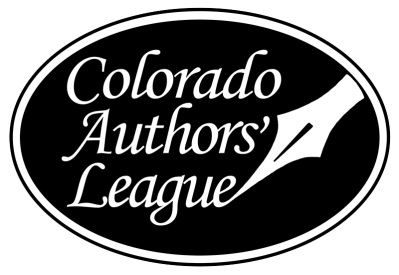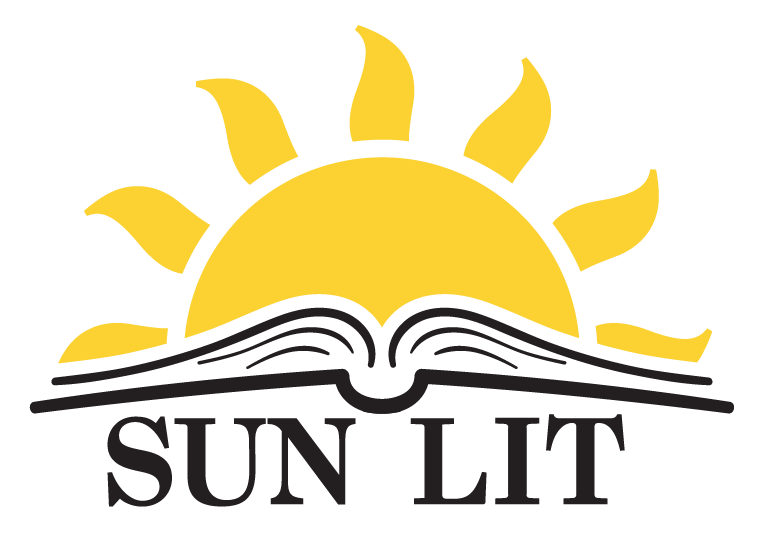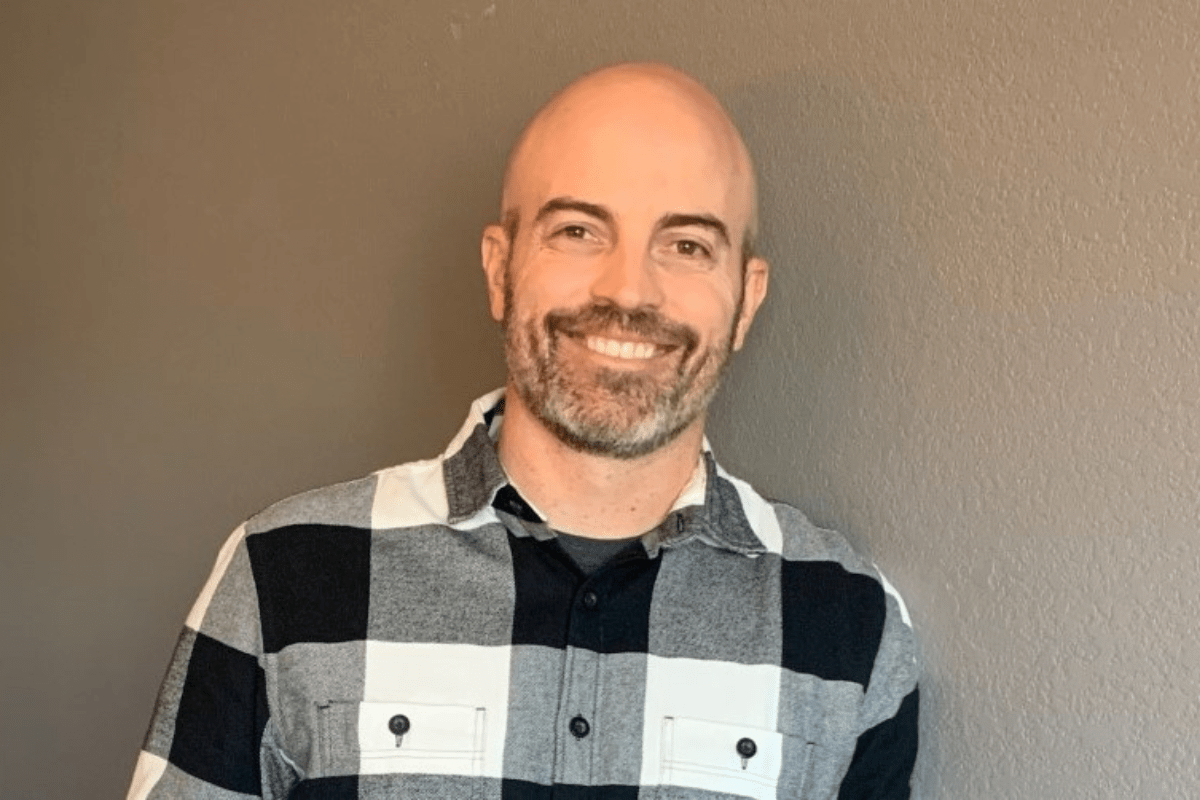Caleb Stephens is an award-winning author writing from Denver, Colorado. His novels include “The Girls in the Cabin,” a psychological thriller, and “Feeders,” a speculative horror thriller. His dark fiction collection “If Only a Heart and Other Tales of Terror” includes the short story “The Wallpaper Man,” which was adapted to film by Falconer Film & Media in 2022. Join his mailing list and learn more at www.calebstephensauthor.com. Follow him on Instagram @calebstephensauthor.
“The Girls in the Cabin” was a finalist for the Colorado Book Award in the Thriller category.
SunLit: Tell us this book’s backstory. What inspired you to write it? Where did the story/theme originate?
Caleb Stephens: Great question. The book I wrote before this one, “Feeders” (also based in Colorado) centered on a speculative end-of-the-world narrative. It was horribly complex, and with “The Girls in the Cabin” I wanted to write something a little more straightforward, something that centered on familial themes and grief.
What I landed on — a family stranded in Colorado’s remote Flat Tops wilderness who are forced to seek shelter on a remote farm during a snowstorm — became much more complicated than I intended. It turns out human monsters are even more difficult to write than the imaginary kind.
SunLit: Place this excerpt in context. How does it fit into the book as a whole? Why did you select it?
Stephens: I think the best place to start a story is always at the beginning. The first chapter introduces the reader to Clara Carver, a troubled girl struggling to find a way to survive in horrible circumstances — someone who comes into play later in the book.
UNDERWRITTEN BY

Each week, The Colorado Sun and Colorado Humanities & Center For The Book feature an excerpt from a Colorado book and an interview with the author. Explore the SunLit archives at coloradosun.com/sunlit.
The second chapter introduces the reader to the McKenna family (Chris, Kayla, and Emma) as they struggle to reconnect on a backpacking trip after the tragic loss of Chris’s wife and the girls’ mother to cancer. Things haven’t exactly gone to plan in this regard, and when Emma follows a rabbit into the forest, they go much worse.
SunLit: Tell us about creating this book. What influences and/or experiences informed the project before you sat down to write? And once you did begin to write, did the work take you in any unexpected directions?
Stephens: As a Colorado native who grew up in the southwestern part of the state (Cortez), I always wanted to write a book where the state not only served as the setting, but also as a character. Some of my favorite books such as “Misery” by Stephen King, and “The Fisherman” by John Langan do this so well.
I love books where, as you read, you can feel the snow on your face, or taste the rain as it falls. Settings should be immersive. And that’s what I wanted to do with this book — immerse the reader in a life-or-death struggle with a family and pose the question: How far would you go to save the ones you love?
As to the writing taking me in unexpected directions, the answer is yes. It always does, and sometimes it demands that you bend to its will. For this book, I wrote all of Clara’s chapters in epistolary (diary) format. In the end that format didn’t serve the overall story the way it should. So, after a few stiff drinks (and a few more months of writing) I rewrote a third of the book. It was incredibly frustrating, and absolutely the right decision. The book is better for it.
SunLit: Are there lessons you take away from each experience of writing a book? And if so, what did the process of writing this book add to your knowledge and understanding of your craft and/or the subject matter?
Stephens: Absolutely. Each book is its own animal with its own unique challenges. Some of them just pour onto the page and others you have to rip out by the neck. I had to rip this one out. I wanted to give up so many times.
The lesson I took away from this novel was that each book will take as long as it will take. It could be a year. It could be several. And you can’t force it. You have to accept that it comes on its own terms.
SunLit: What were the biggest challenges you faced in writing this book?
Stephens: This was my first multi-point-of-view novel, and nailing every character’s particular voice was like pulling teeth. I think I went through about seven versions before I was satisfied. Another lesson I’ve learned with writing is that a book is close to done when you are so sick of it, you can’t stand to read another word.
By the time I’d finished, I’d never been as sick of a book as this one, and for that reason, I knew I’d written something worthwhile.
SunLit: If you could pick just one thing – a theme, lesson, emotion or realization — that readers would take from this book, what would that be?
Stephens: I’ll start by saying that different readers take away different themes, which is part of the beauty of writing. Something you’ve created in your life serves a purpose in theirs. For me, what I hope bleeds through is that sometimes the love and connection you’re seeking in your life has been there all along. You just haven’t looked in the right place.
SunLit: In a highly politicized atmosphere where books, and people’s access to them, has become increasingly contentious, what would you add to the conversation about books, libraries and generally the availability of literature in the public sphere?
Stephens: I think banning books is an awful thing to do. I think people should be able to choose what they want to read and where they want to read it. Books are just another form of free speech. Censoring them, to me at least, amounts to government overreach.
As a counterpoint to this, I think that, at times, readers can also take books, and especially fiction, too seriously. It’s easy to rip apart someone else’s work, to find something within to be angry about. Sometimes, it’s best to just kick back, open a book, and enjoy the ride. No book is perfect.
SunLit: Walk us through your writing process: Where and how do you write?
“The Girls in the Cabin”
Where to find it:
- Prospector: Search the combined catalogs of 23 Colorado libraries
- Libby: E-books and audio books
- NewPages Guide: List of Colorado independent bookstores
- Bookshop.org: Searchable database of bookstores nationwide

SunLit present new excerpts from some of the best Colorado authors that not only spin engaging narratives but also illuminate who we are as a community. Read more.
Stephens: I have a family. I have a full-time job. I also have this burning desire to write. I feel like (outside of my family) it’s my purpose in life. It’s why I’m here. And to balance all of life’s demands, and write with any consistency, can be difficult, which is why I write at 5 a.m. in my home office every morning before going to work.
I try to achieve a realistic word count (500 words a day). That kind of word count turns into a first draft in about six months. And you can realistically write a novel a year if you just stick with it, so that’s what I do. And I’d be remiss if I didn’t mention that I have an incredibly supportive wife who allows me the time and space to write. I wouldn’t be where I am without her.
SunLit: How did you find your publisher, Joffe Books?
Stephens: I’m a formerly agented writer. Without going into details, I spent around a year-and-a-half writing this book, and another year waiting as my literary agent pitched it to publishers. We had interest but never received an offer.
After splitting ways with my agent, I submitted this book to Joffe Books on my own, and they took it! I was thrilled. Joffe is the UK’s largest independent publisher, and they’ve done an incredible job in getting my book out there. It’s sold far more copies than I ever realistically expected to sell. I’m so grateful they took a shot on me.
SunLit: Tell us about your next project.
Stephens: I’m working on my next psychological thriller, a story that centers on a pair of estranged sisters forced to confront their issues on a Caribbean cruise, chartered by a suspected cult.
Just a few more quick questions
SunLit: Do you look forward to the actual work of writing or is it a chore that you dread but must do to achieve good things?
Stephens: I love writing. Sometimes it’s hard to get going — it’s easy to get distracted with social media and marketing — but I do look forward to getting lost in the words.
SunLit: What’s the first piece of writing – at any age – that you remember being proud of?
Stephens: Probably stuff I wrote in high school, but my real first shot of pride came after writing a failed novel in my early 30s. I almost walked away, but my parents loved it and encouraged me to keep going. I know all parents love their kids’ stuff, but for me, I took pride in knowing that they truly enjoyed the book. They gave me the confidence to continue.
SunLit: When you look back at your early professional writing, how do you feel about it? Impressed? Embarrassed? Satisfied? Wish you could have a do-over?
Stephens: I think my early writing is what it took to get to where I am now, so I wouldn’t change anything. The only exception? I would have started writing much, much sooner.
SunLit: What three writers, from any era, can you imagine having over for a great discussion about literature and writing? And why?
Stephens: Cormac McCarthy – He’s a legend, and “The Road” is my favorite novel of all time. J.R.R. Tolkien – Because my passion for reading started with “The Hobbit.” I’d love to thank him as well as have second breakfast together. Stephen King – He just seems like a cool guy to hang out with.
SunLit: Do you have a favorite quote about writing?
Stephens: Yes. “The two most important days in your life are the day you are born and the day you find out why.” – Mark Twain.
My why? I’m a writer.
SunLit: What does the current collection of books on your home shelves tell visitors about you?
Stephens: There might be something wrong with this guy.
SunLit: Soundtrack or silence? What’s the audio background that helps you write?
Stephens: Silence. Or a coffee shop with white noise.
SunLit: What event, and at what age, convinced you that you wanted to be a writer?
Stephens: I wrote a short horror story and submitted it to the Writer’s Digest Popular Fiction Awards in 2016. It landed an honorable mention, and I thought, at that point, maybe I could actually do this.
SunLit: Greatest fear as an author?
Stephens: Not being able to write. No joke. If you aren’t careful, you can waste your days, and wasted days turn into a wasted life. I’m a firm believer we are here for a reason, but you have to want it. You have to put in the work.
SunLit: Greatest satisfaction?
Stephens: Knowing my words will be here for my kids long after I will.

